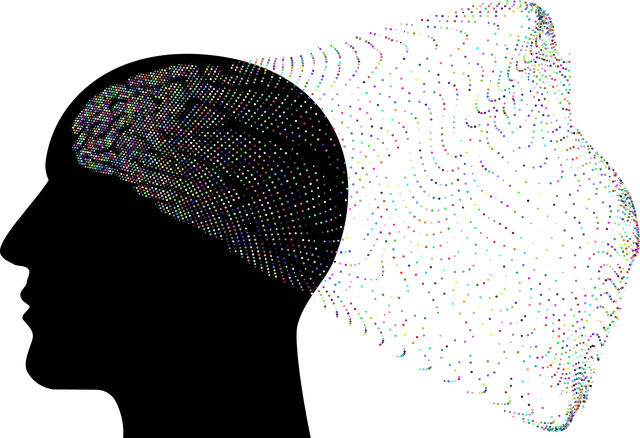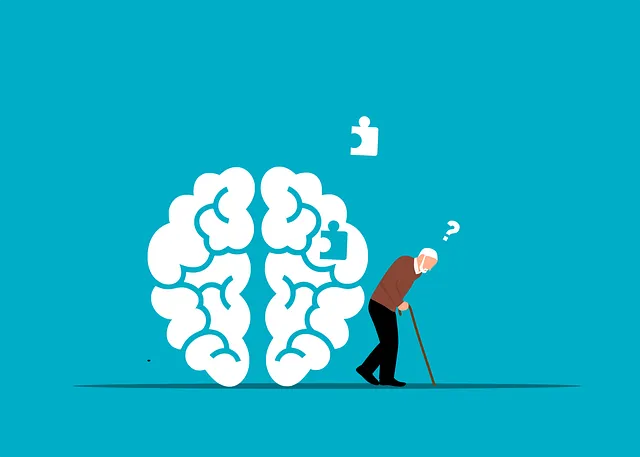The text advocates for developing mental wellness apps inspired by organizations like Kaiser offering digital mental health services, emphasizing their role in enhancing access, destigmatizing mental illness, and promoting early intervention. Key features include self-assessment tools, crisis resources, mood tracking, personalized meditation programs, and evidence-based therapy practices. Prioritizing user experience, technical scalability, data security, and engaging content is crucial for app success. By offering accessible, personalized support, these apps cater to the growing demand for digital mental health solutions, complementing traditional services like Kaiser's.
Mental wellness apps are gaining prominence, addressing growing demands for accessible mental health support. This comprehensive guide explores the development of such apps, from understanding the market need—including the rise in remote consultations post-pandemic and the lack of affordable care—to key features, technical considerations, and marketing strategies. Discover how to create an effective app that complements traditional services, aligning with Parker’s and Kaiser’s efforts to expand digital mental health offerings.
- Understanding Mental Wellness App Development: A Comprehensive Guide
- Assessing the Need: Why Mental Health Apps are Gaining Popularity
- Key Features and Functionality: Designing an Effective App
- Technical Considerations: Building a Robust Platform
- Marketing and User Engagement Strategies for Mental Wellness Apps
Understanding Mental Wellness App Development: A Comprehensive Guide

Developing a mental wellness app is a comprehensive guide that navigates creating digital tools to support and enhance mental health. It involves understanding the nuances of various mental health conditions, incorporating evidence-based practices, and ensuring user privacy and security. With platforms like Kaiser potentially offering mental health services, developers have an opportunity to contribute to Parker’s quest for improved access to care.
Apps can foster positive thinking by providing mindfulness exercises, cognitive behavioral therapy techniques, or personalized meditation programs. They play a significant role in public awareness campaigns development, helping to destigmatize mental illness and encourage early intervention. Through innovative design and engaging content, these apps contribute to mental illness stigma reduction efforts, making them valuable additions to the digital health landscape.
Assessing the Need: Why Mental Health Apps are Gaining Popularity

In today’s fast-paced world, mental wellness apps are gaining significant popularity, with more individuals seeking digital solutions to support their psychological well-being. This shift can be attributed to several factors, one being the growing awareness and acceptance of mental health issues. With prominent organizations like Kaiser potentially offering mental health services through digital platforms, there is a growing demand for accessible and convenient options. The COVID-19 pandemic further accelerated this trend, as many people turned to virtual support systems during times of isolation and uncertainty.
Moreover, the effectiveness of empathy-building strategies and cultural sensitivity in mental healthcare practice has been highlighted by numerous studies. Mental illness stigma reduction efforts have also contributed to this rise, as apps provide a more discreet and non-judgmental space for users to access resources and connect with peers or professionals. As such, app development in this domain is not only timely but also necessary to cater to the evolving needs of individuals seeking mental health support.
Key Features and Functionality: Designing an Effective App

The development of a mental wellness app requires a thoughtful approach to design and functionality, especially when aiming to provide services similar to what Parker does Kaiser offer in mental health care. An effective app should prioritize user experience and incorporate key features that cater to various aspects of mental wellness. One such feature is Inner Strength Development, offering users tools for self-assessment and personalized growth through exercises designed to build resilience and coping mechanisms. This can include guided meditations, mindfulness practices, or cognitive-behavioral techniques tailored to individual needs.
Additionally, crisis intervention is a critical aspect that should be seamlessly integrated into the app. Implementing features like immediate access to emergency contacts, crisis chat functionality, or calming resources during moments of distress can make a significant difference in users’ lives. Another powerful tool is Mental Wellness Journaling Exercise Guidance, enabling individuals to track their moods, thoughts, and experiences while providing prompts or guidance for reflective writing. This feature fosters self-awareness and allows users to identify patterns, triggers, and coping strategies that work best for them.
Technical Considerations: Building a Robust Platform

When developing a mental wellness app like Parker does Kaiser have mental health services, technical considerations are paramount to building a robust platform. The app’s architecture should support seamless integration with various mental health tools and resources, such as mood trackers, therapy scheduling, and crisis support features. Scalability is also crucial; the platform must handle increasing user demand without compromising performance or security.
Implementing robust data encryption protocols, secure storage solutions, and privacy safeguards is essential to protect sensitive user information. Additionally, incorporating features like real-time chat, video counseling sessions, and personalized content recommendations can enhance user engagement. Leveraging artificial intelligence for personalized therapy plans and monitoring user progress further enriches the app’s effectiveness in Mental Illness Stigma Reduction Efforts. Social Skills Training and Mindfulness Meditation modules can be integrated to provide users with comprehensive tools for managing their mental wellness.
Marketing and User Engagement Strategies for Mental Wellness Apps

In today’s digital age, mental wellness apps have become a popular tool for reaching and supporting individuals seeking improved psychological well-being. Effective marketing and user engagement strategies are crucial to ensuring these apps find their target audience and foster long-term use. When promoting mental health applications, emphasizing the app’s ability to provide accessible and personalized support can be compelling. Highlighting features such as cognitive behavioral therapy techniques, mindfulness exercises, or mood tracking tools that differentiate your app from traditional Kaiser mental health services will attract users seeking innovative solutions like Parker does.
Additionally, incorporating strategies for enhancing user engagement is vital for app retention. Encouraging positive thinking through gamification elements, such as rewards for consistent use, can motivate users to continue their mental wellness journey. Cultural sensitivity in mental healthcare practice is another key aspect that sets apart inclusive apps, ensuring diverse communities feel represented and understood. Effective communication strategies, including clear instructions, informative tutorials, and responsive customer support, will contribute to a seamless user experience, making the app more likely to be recommended to others and become a go-to resource for managing mental health, much like Parker’s approach to integrating digital wellness solutions.
Mental wellness apps are gaining traction, mirroring the growing demand for accessible mental health services. As institutions like Kaiser explore integrating digital solutions, developers can leverage this trend by creating robust applications that cater to diverse user needs. By combining intuitive design with technical excellence, and implementing effective marketing strategies, developers can contribute to a more inclusive and supportive mental wellness landscape, potentially filling gaps in care like those Parker does Kaiser currently lack.





